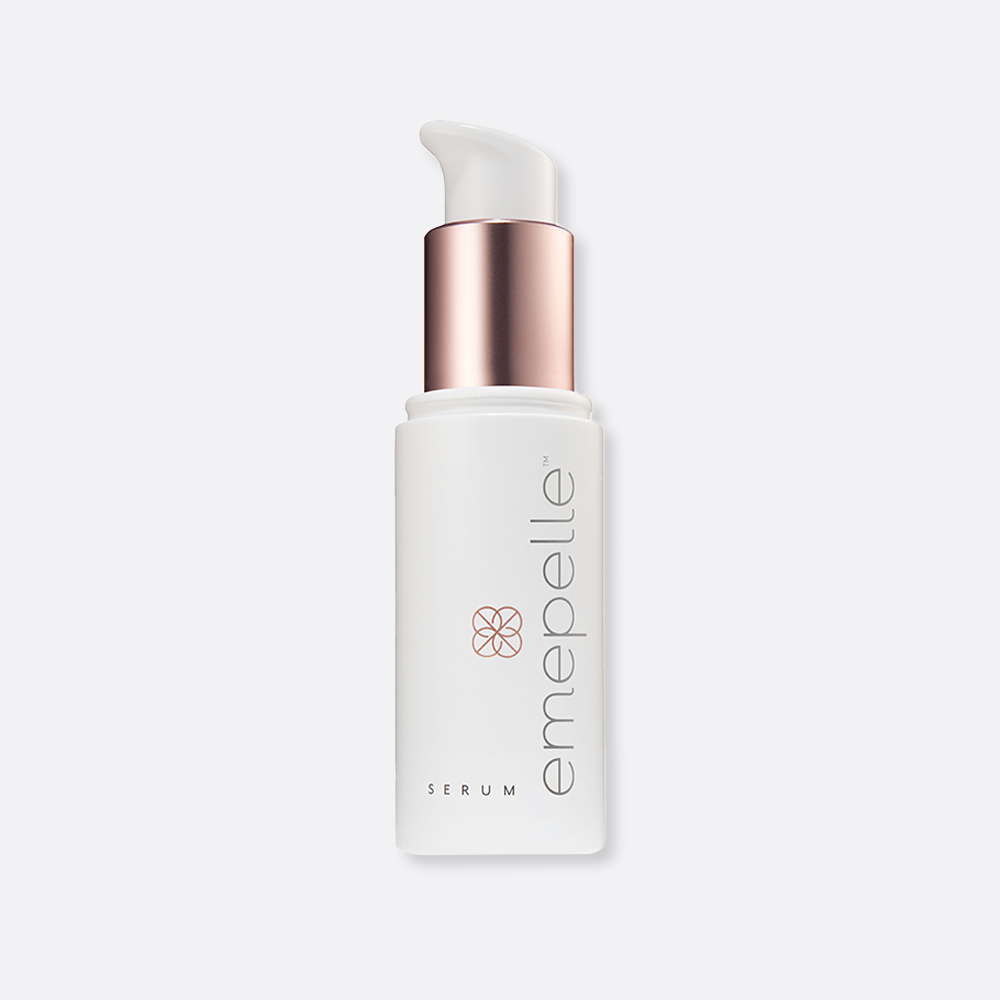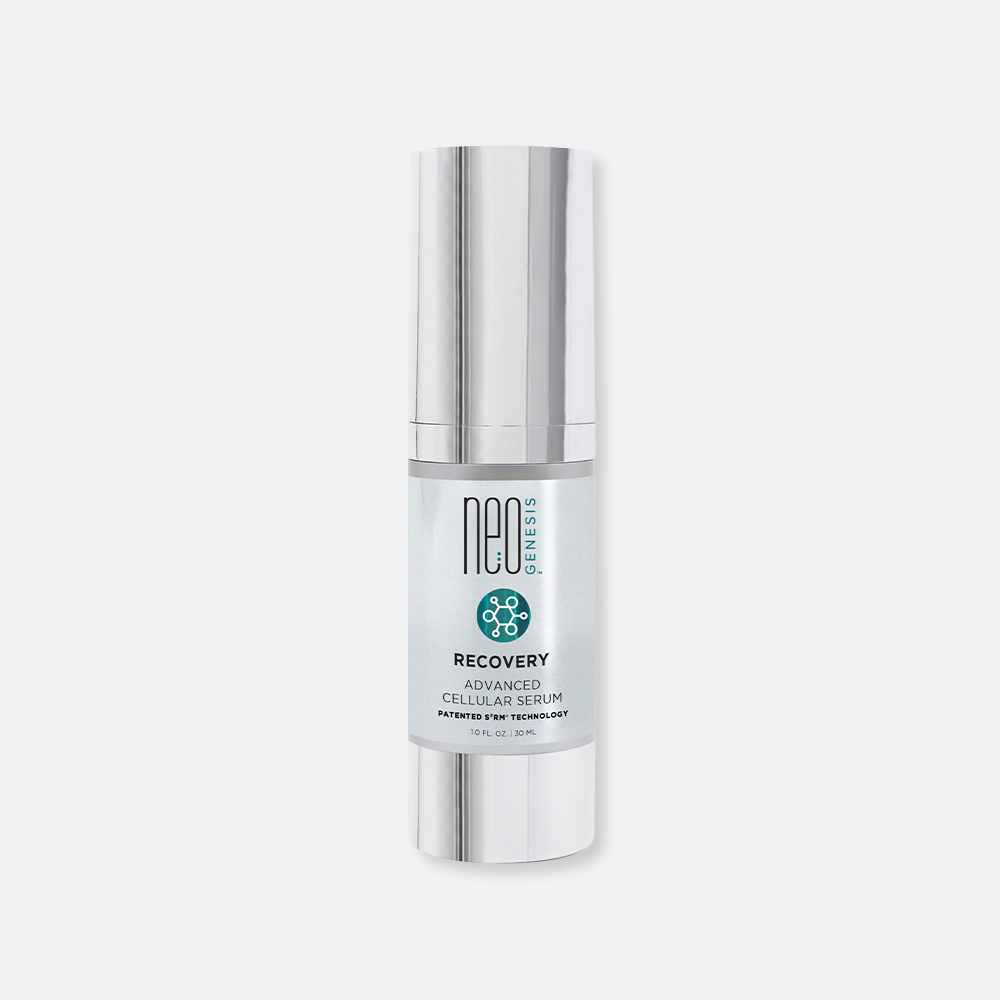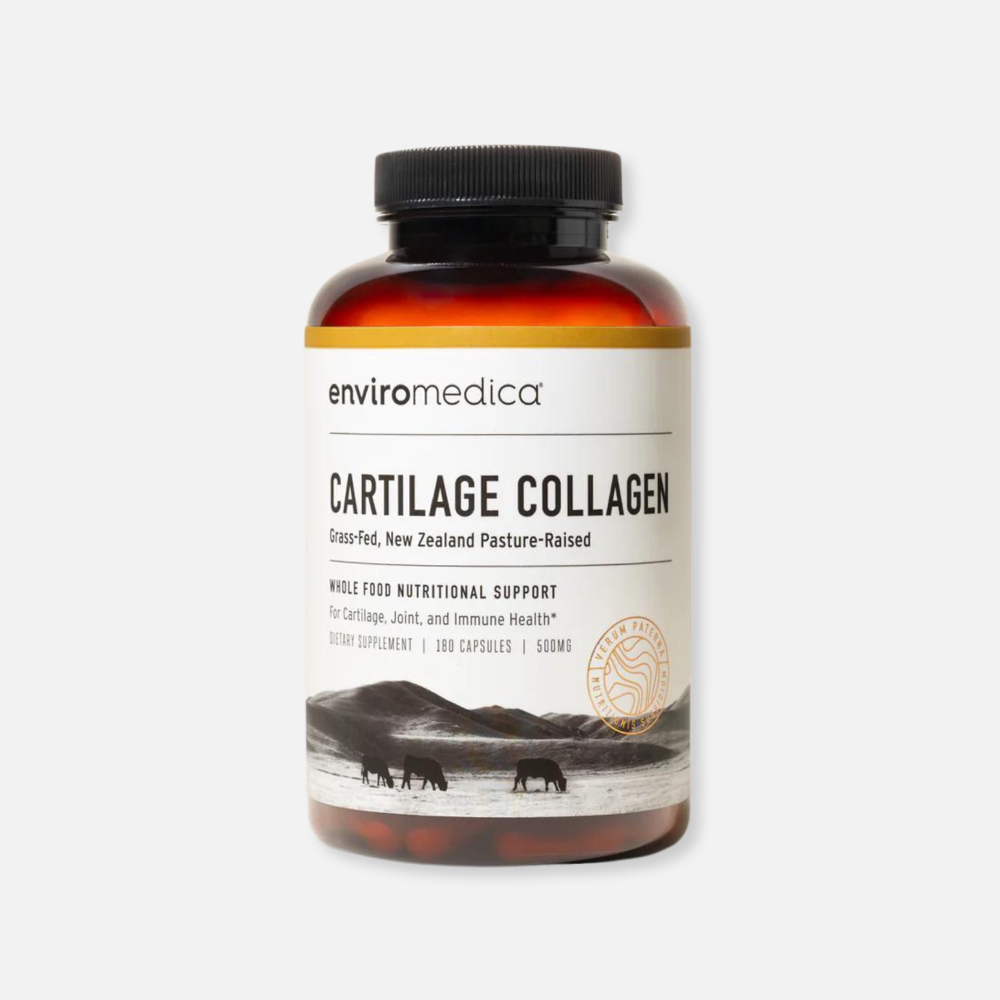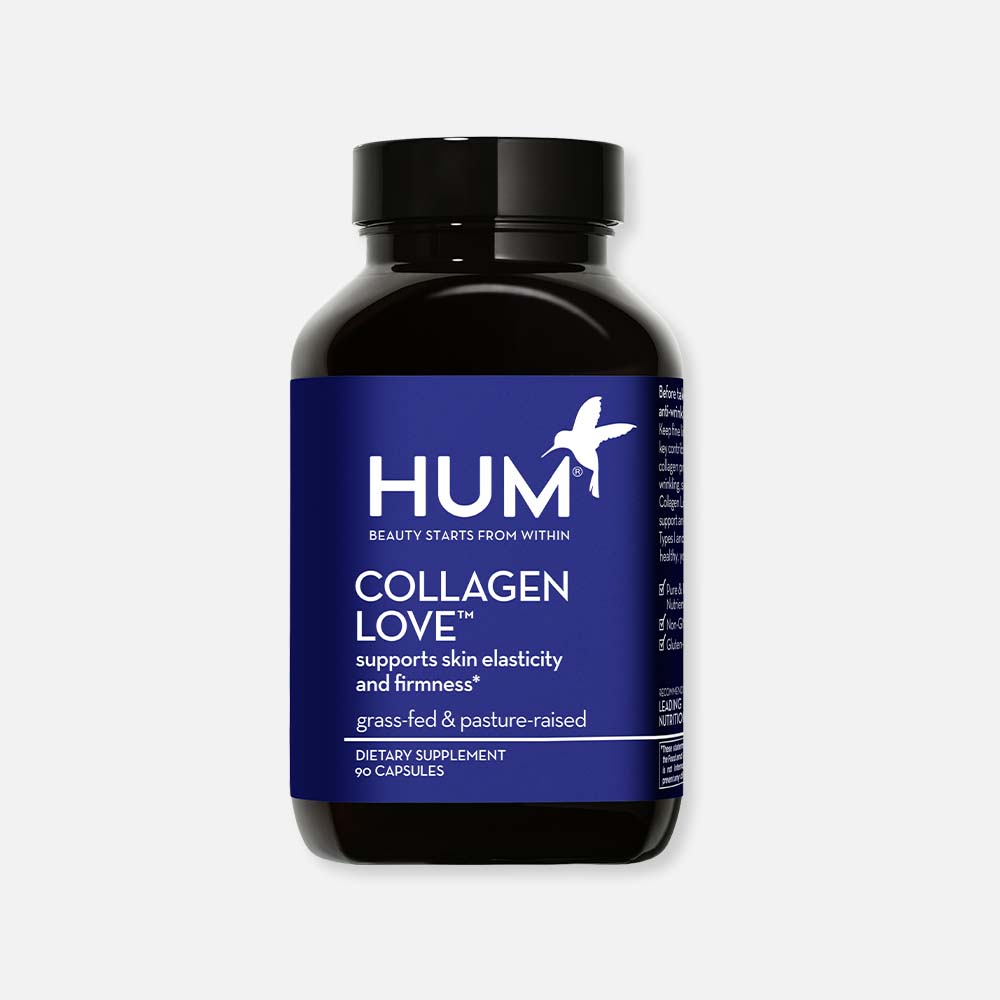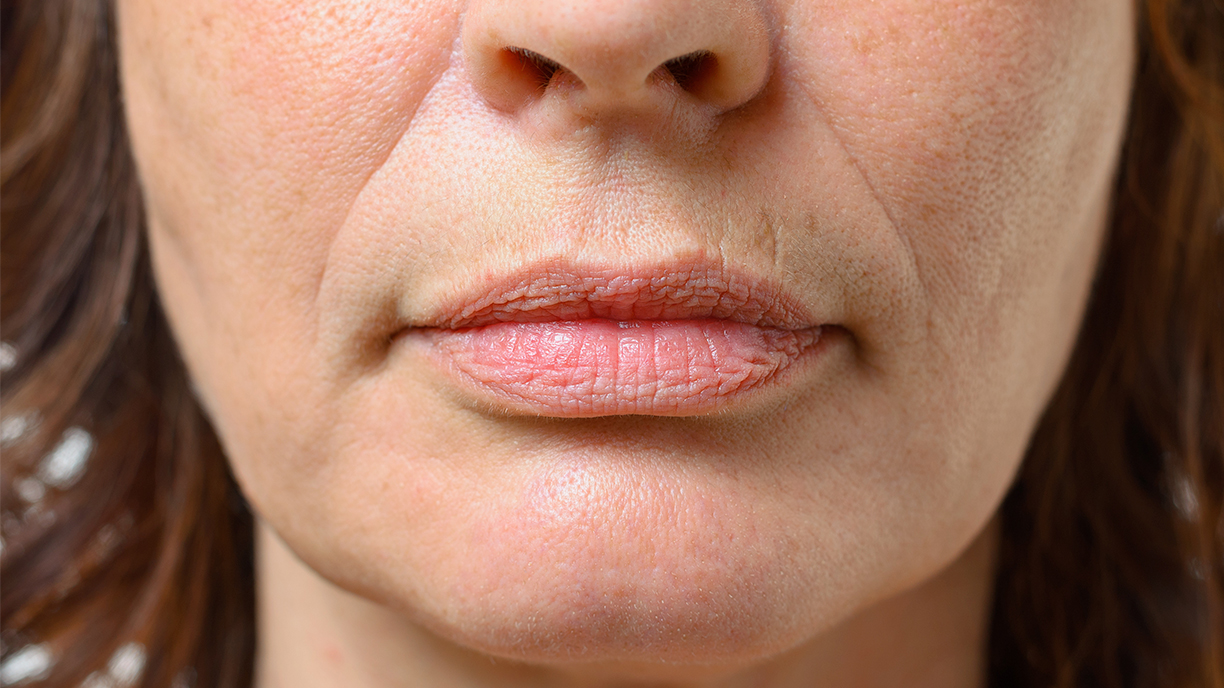
There’s a lot of talk swirling around about collagen and what it means for the health of our skin and body. From topical creams to dietary supplements, collagen products have surged in popularity, and rightfully so. This structural protein naturally occurs in our bodies, playing an integral role in maintaining skin elasticity, hydration, and firmness—something we definitely want to maintain. In this article, we’ll explore what causes collagen loss, including how aging, hormones, and menopause can affect collagen levels. We’ll also go over some great ways to prevent premature collagen loss and boost your skin’s natural production of this vital protein.
- What is Collagen Anyway?
- What Causes Collagen Loss?
- Signs of Collagen Deficiency
- How Can I Restore Collagen Naturally?
What is Collagen Anyway?
Before diving in any further, let’s establish a simple definition of what collagen actually is. Collagen is the most common protein found in the human body. Its primary function is to provide structural support for your organs, tendons, muscles, ligaments, bones, and skin. In fact, it accounts for up to 30-40% of proteins in the body and comprises about 80% of our skin’s structure. Think of collagen as a natural glue that holds you together!
What causes collagen loss?
Collagen Loss With Age
Collagen production occurs in the dermis, where cells known as fibroblasts make not only collagen but elastin and hyaluronic acid to form the structure of our skin. As we age, these structural proteins and carbohydrates begin to break down while fibroblast production drastically slows as well. Beginning in our mid-to-late 20s, our collagen production declines by about 1% per year. Beyond that, as women head into their 40s and enter perimenopause and menopause, collagen loss quickly accelerates from there. This leads to thinned and sagging skin, fine lines and wrinkles, and an overall loss of volume in our skin.
How Hormones Affect Collagen
Collagen synthesis is directly tied to estrogen levels in the body. Estrogen plays a key role in activating fibroblast cells to produce collagen, elastin, and hyaluronic acid. Due to estrogen deficiency during perimenopause and menopause, skin experiences a lack of hydration and moisture retention, decreased elasticity, thinning skin, dullness, and accelerated loss of collagen. In fact, women see a 30% drop in collagen levels within the first five years of menopause and more than 2% loss each subsequent year. Men experience loss of collagen as well, but the loss happens at a slightly higher, yet more steady rate over the years.
Emepelle
Emepelle is the first and only skincare line available to address collagen loss and restore the natural function of estrogen-deficient skin without the use of hormones. Check out this skincare routine featuring Emepelle to address thinning skin and loss of firmness.
Environmentally-Induced Collagen Loss
In addition to aging and a shift in hormones, collagen loss can be further accelerated by poor diet choices, smoking, and sun exposure. Did you know that sun exposure is the #1 cause of premature aging in the skin? UVA rays penetrate deep into the dermis and cause free-radical activity, flaring inflammation while increasing enzymes that break down collagen stores.
SIGNS OF COLLAGEN DEFICIENCY
We’ve defined that as we age, collagen production in our bodies naturally slows down while environmental factors degrade collagen stores at the same time. This leads to issues like stiff or sore joints, weak bones, tendons, and ligaments. We also may notice an increase in hair breakage and loss, along with digestive issues. For skin, collagen loss causes a thin, papery, saggy appearance with a loss of volume, especially in the eye and cheek areas.
Signs of Collagen Loss in the Face
- Facial Volume Loss
- Thinning and Sagging Skin
- Fine Lines and Wrinkles
- Hollow Eye Area
- Sunken Cheeks
HOW CAN I RESTORE COLLAGEN NATURALLY
You’re probably wondering, “How can I start rebuilding collagen in my skin?” Well, good news: boosting collagen production and preventing collagen loss is totally doable.
Collagen-Rich Foods
There are a wide array of superfoods you can incorporate into your daily diet to boost collagen. Look for foods that excel at building proteins and are rich in antioxidants, amino acids, and omega-3 fatty acids. These include foods such as bone broth, berries, dark leafy greens, and fatty fish, such as salmon. Collagen-rich foods will help keep your skin youthful from the inside out. Beyond these options, you can also add collagen-boosting supplements to your daily routine.
SUPPLEMENTS TO BOOST COLLAGEN
- Enviromedica Cartilage Collagen – An ancestral food supplement high in undenatured type II collagen to promote healthy collagen formation and replenish depleted collagen stores.
- Enviromedica Bone Marrow – A whole-food nutritional supplement containing a range of collagen types and stem cells to repair cellular damage and promote connective tissue and skin health.
- HUM Nutrition Collagen Love – Contains collagen peptides, along with hyaluronic acid and vitamin C, to provide an internal moisturizer for the skin boosting strength, elasticity, and firmness.
Facial Exercises To Rebuild Collagen
Facial massage is not only wonderfully relaxing, but it can stimulate blood flow for up to 10 minutes afterward. This pulls oxygen into the skin cells, boosting collagen and elastin production. You can perform facial massage using your hands or a tool, such as the Anma Massage Tool. Read more on this effective tool here.
Skincare To Increase Collagen And Elastin
There are many topical collagen skincare products on the market, but our skin is actually unable to absorb and use collagen when applied topically. Instead, opt for products that boost the skin barrier and stimulate collagen and elastin production within the skin. Here are a few standout ingredients:
Stem Cells: Skincare using stem cell technology is by far your most powerful option. The stem cell-conditioned media in these products aids in rebuilding tissue, increases antioxidant activity, and supports collagen synthesis. The NeoGenesis product line contains potent stem cell cytokines derived from adult bone marrow stem cells. If you would like to read more about stem cells in skincare, check out our blog.
Epidermal Growth Factors (EGF): Comprised of 53 amino acids, EGF improves collagen and elastin production, helps heal wounds, stimulates healthy cellular growth, as well as improves hydration in the skin. Scope out our favorite EGF products here.
Peptides: Our body uses peptides as the building blocks of proteins, such as collagen. In essence, peptides work to boost collagen production, prevent collagen breakdown, and carry trace minerals to improve skin strength. They help to improve skin firmness and repair and rebuild damaged cells. Read our blog to learn more and load up on peptide-rich products here.
Vitamin C: This potent antioxidant is easily incorporated into any routine and is vital for collagen synthesis. There are many forms of Vitamin C, along with a variety of skincare products containing this superstar ingredient. Read our blog to boost your knowledge.
Skin Treatments To Boost Collagen
Red Light Therapy: LED Light Therapy utilizes different wavelengths to achieve a specific desired result in the skin. Red light, specifically, produces many healthy-aging benefits by penetrating the dermis, increasing ATP (the cell’s energy), and stimulating fibroblasts to produce collagen and elastin. Read more here.
Microcurrent: Microcurrent is an advanced treatment that delivers electrical stimulation at low frequencies to our underlying tissue and, like LED Therapy, encourages the production of ATP. It stimulates proteins like collagen and elastin and provides advanced facial toning benefits. Read more here.
Microneedling: Microneedling is a minimally invasive procedure that utilizes a roller or stamp with thin needles to make shallow punctures in the top layer of the skin. The process creates superficial damage to the skin, triggering the natural wound-healing process, which stimulates the production of collagen and elastin to firm and smooth the skin. Read more here.
In short, everyone loses collagen over time. However, we can slow down this loss and rebuild our collagen naturally by balancing our hormones, using proper skincare, improving our diet, and protecting our skin from UV damage—all leading to healthier, firmer, more radiant skin!

Unsure where to start? Reach out for a free skincare checkup, and our licensed estheticians will optimize your routine for the best results. We’ll be here every step of the way!
